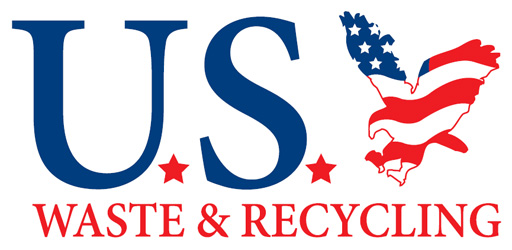How Waste Analytics Can Improve Your Company’s Efficiency
Big data is transforming the ways businesses operate by changing the ways business owners and decision makers think. The more data you have, and the better able you are to decipher it, the easier it is to make decisions that will ultimately lower your operating costs and improve your bottom line. This is even true for a part of your operations you might not think much about: waste management. Applying data analytics to waste management can help you manage your waste more efficiently so you can save money while also reducing your company’s impact on the environment. Here’s a look at some of the ways your organization can benefit from waste analytics supplied by a professional waste management provider in Atlanta.
Identify Opportunities to Recycle
Data reveals a lot of things you might otherwise miss, like opportunities to reduce, reuse, and recycle materials you might be throwing away. In addition to doing good for the environment and giving your employees, customers, and shareholders something good to feel about, recycling can also save you money by reducing the amount of new materials you need to buy to replace those being thrown away.
Optimally Schedule Trash Pickups
Regular trash pickups keep your business clean and provide a sanitary environment for workers and customers alike, but too many pickups too often aren’t efficient and can end up costing you money in the long run. Waste analytics can help you schedule the right amount of pickups with your waste management provider to optimally accommodate your needs while reducing total costs.
Discover Other Ways to Save
Waste analytics will provide you with an in-depth look inside your company’s waste practices, including the type and amount of waste generated and how this waste is being disposed of. This information can help you make decisions that will reduce your total waste output, implement an effective recycling protocol, and other eco-friendly (and budget-friendly) practices.
